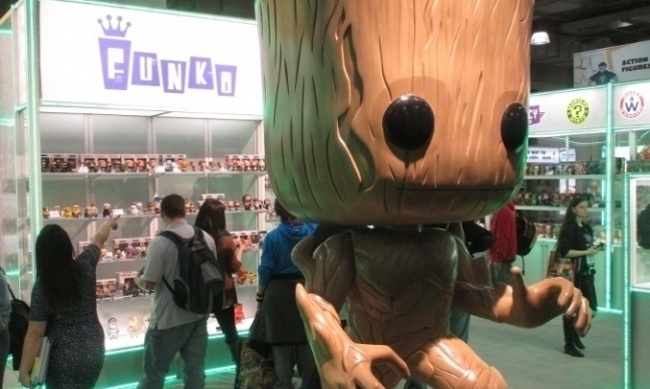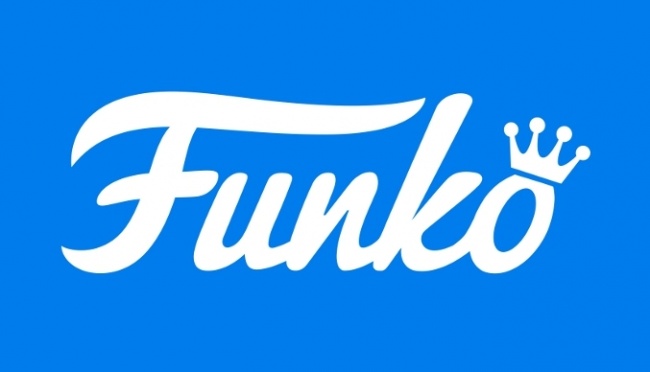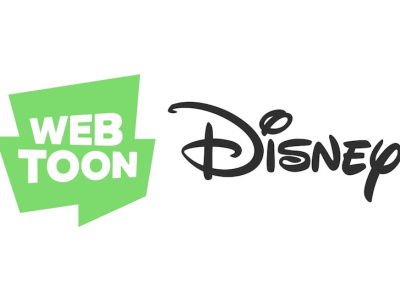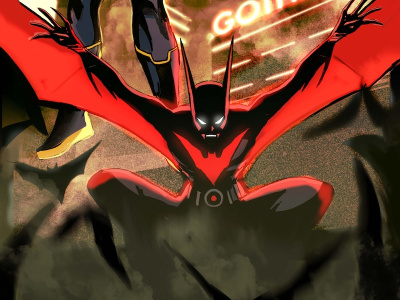Sales were down 49% worldwide, with U.S. sales down 36% and international sales (mostly Europe) down 71%. The declines were attributed primarily to store closures in the specialty retail channel. At the end of Q2, the company estimated that 40 to 50 percent of the stores selling its products in the U.S. were still shut down. Sales at mass merchants and via ecommerce were both strong in the period, the company reported, but were not enough to make up for the decline in specialty. The higher percentage of Funko sales in specialty retail channels in Europe was a primary reason for the bigger sales declines in that market.
The Q2 sales decline was much more severe than the 18% decline in Q1 (see “Funko Q1 Sales Plunge 18%”). The company had already been on a negative path before COVID, with sales down 8% in Q4.
The big sales decline was unkind to profits; Funko lost $15 million in Q2, vs. a profit of $11.4 million in Q2 2019.
The lack of new movies was apparent in Funko’s Top Properties list, which had only one new property, Mandalorian. Funko’s house brand products, sold primarily through direct-to-consumer, made the chart for the first time, behind sales of Pop Miss and Pop Around the World.
Funko’s Q2 Top Properties
- Mandalorian
- Harry Potter
- Pokemon
- Star Wars
- DC
- Marvel
- Disney
- Dragon Ball Z
- Funko
- The Office
The company reported strong game sales, with sales above expectations on Pan Am and Godzilla, which launched at Target in June, and a quick sell-out on Back to the Future, which launched at specialty stores and online. But with its games program less than a year old, the releases are not enough to move the dial on Funko’s overall sales.
Funko projects an improved but still painful 25% sales decline for Q3, with sales through specialty retailers continuing to lag other channels.
Investors didn’t like the report; the share price was down over 12% on Friday.









